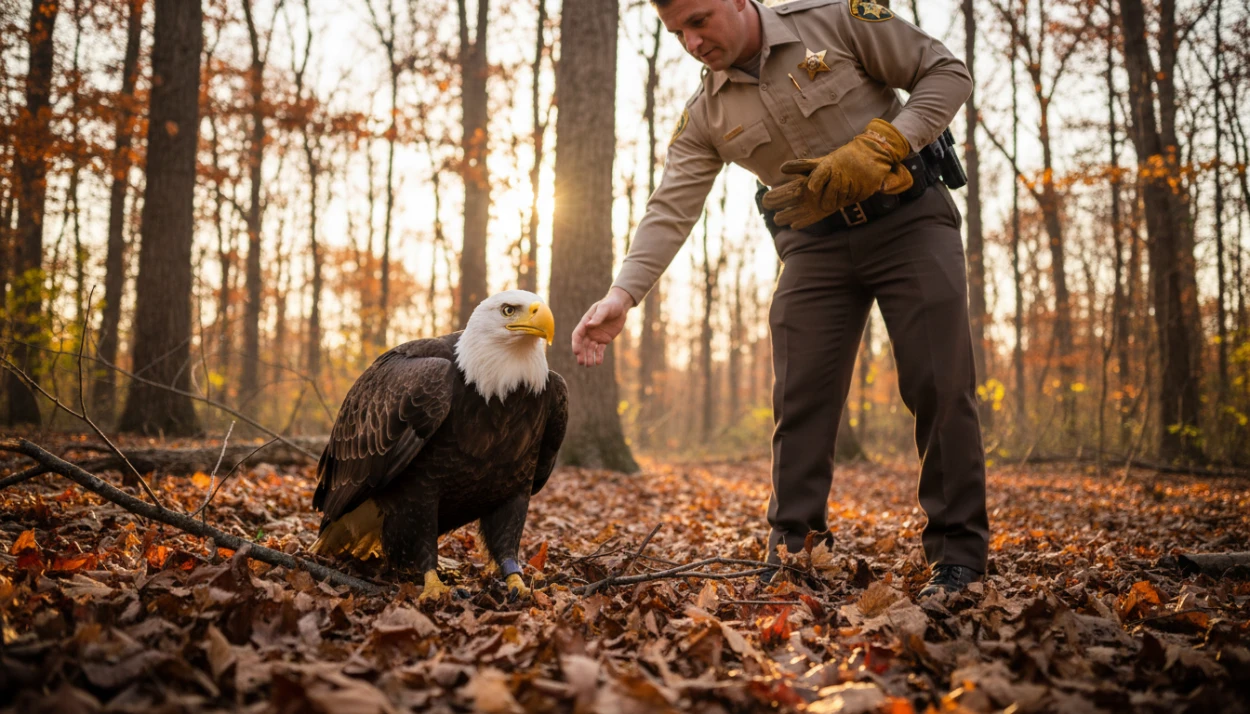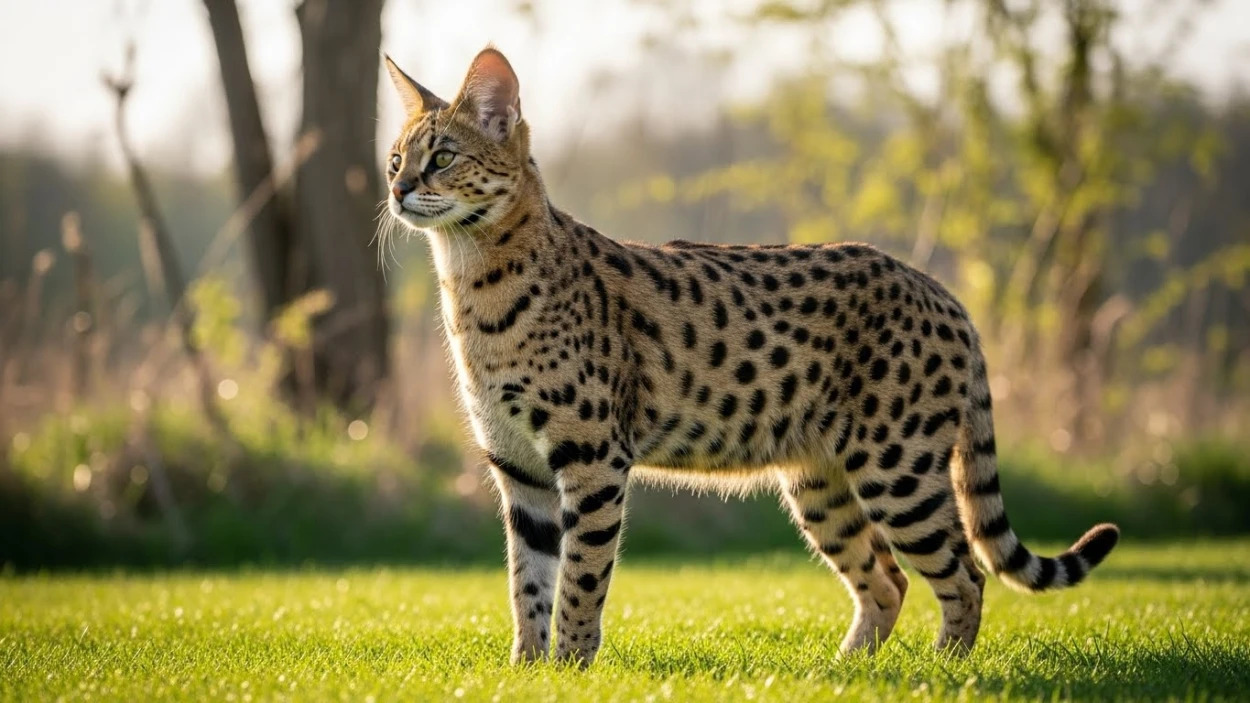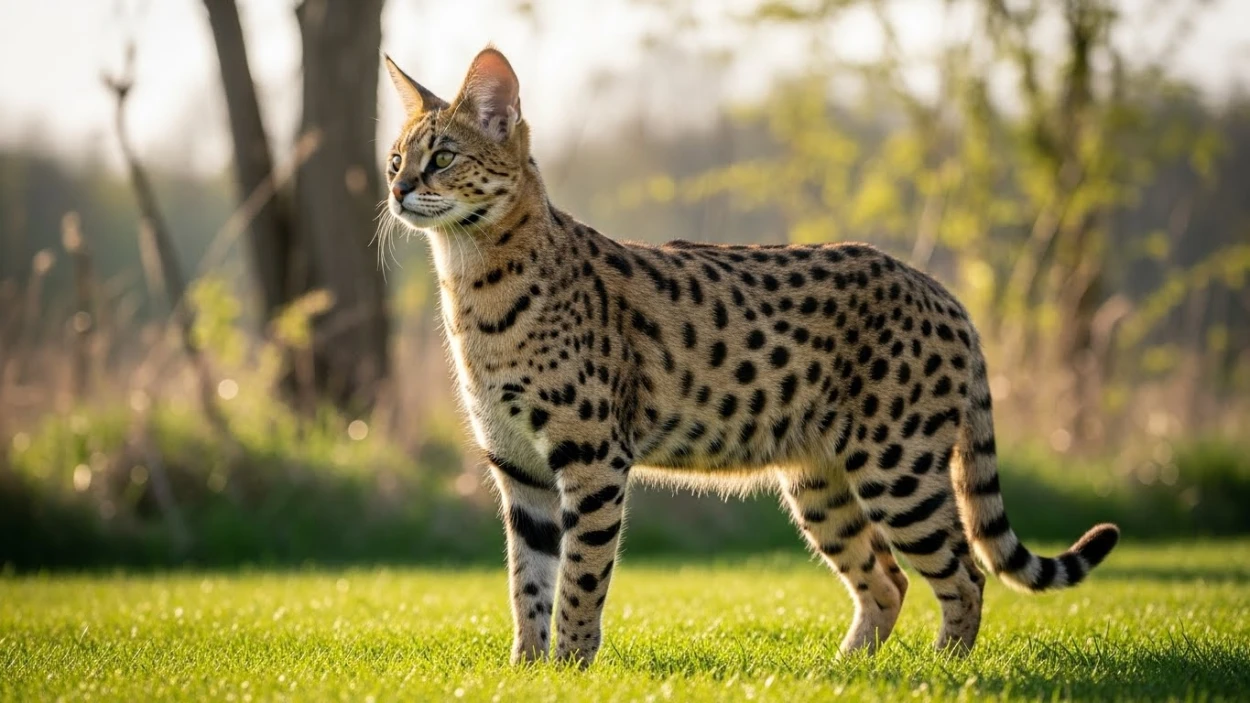Catnip is very popular these days, you may or may not be familiar with catnip. But what most people don't know is what effect does catnip have on cats' behaviour and mood?
You may not be fully aware of its benefits. For the good health of your furry friend, it is important to do good research on what you use. So that its advantages and disadvantages can be well understood.
In this article we discuss all types of catnip, their pros and cons and uses, so read till the end for beneficial information.
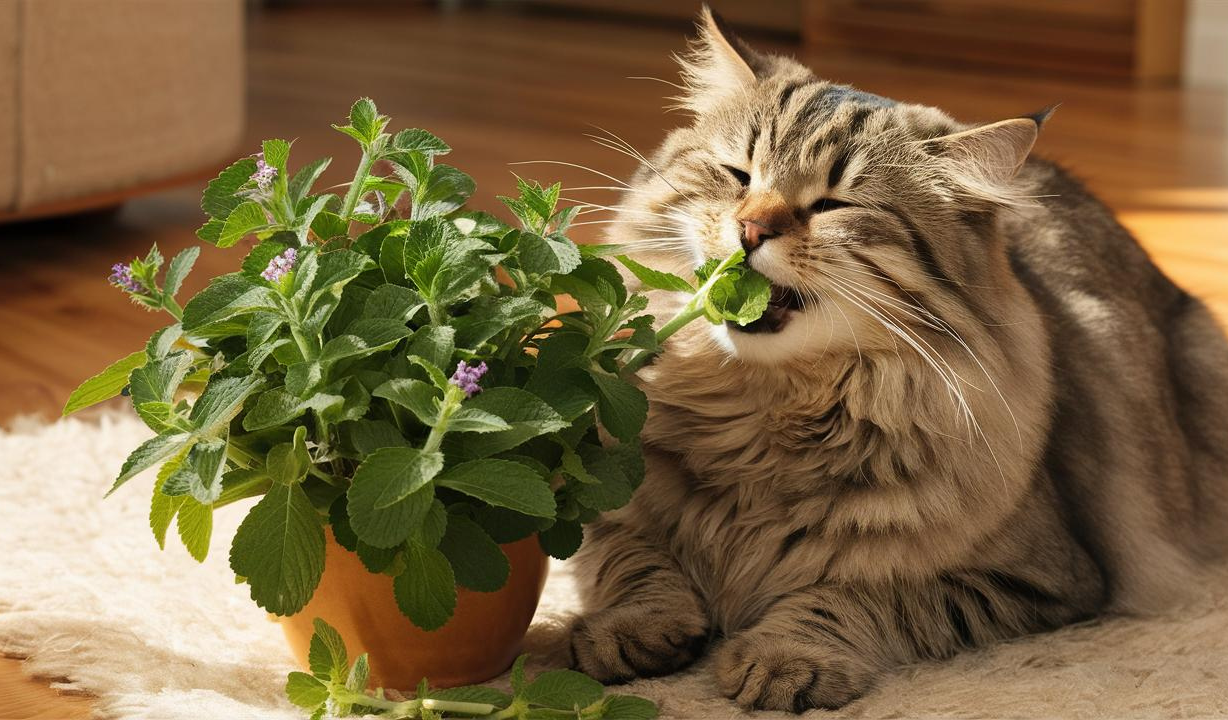
What is Catnip?
Basically, catnip is an herb belonging to the mint family. Catnip, scientifically known as Nepeta cataria.
It contains a compound called nepetalactone, which is known to affect the behaviour of cats. You can also call this herb catnip, catmint, catwort, field balm.
This plant has lavender flowers and is an easy herb to grow in North America.
History of Catnip
Catnip has been used for centuries, not only as a feline attractant but also in herbal remedies for humans.
Historically, catnip leaves are used to make tea and lavender flowers are most useful for you if you have a cough.
However catnip is used as a key ingredient in many insect sprays.
The Science Behind Catnip
Scientists have tested other animals such as dogs, rats, rabbits and chickens but found no response. But the reaction is found in lions, tigers, leopards, lynxes, puma like cats.
An oil called Nepetalactone is mainly found in the leaves of the catnip plant.
And cats have an extra organ called the vomeronasal gland located in the roof of their mouth in (Jacobson's organ) above the cat's front teeth.
When cats smell nepetalactone, it binds to receptors inside their noses, triggering a response in their brain. This response is similar to the effects of pheromones, causing a temporary state of euphoria.
Typical Cat Reactions
Cats may exhibit a variety of reactions to catnip, including rolling on the ground, purring, meowing, and rubbing their faces on the catnip. Some may become hyperactive, while others become calm and relaxed.
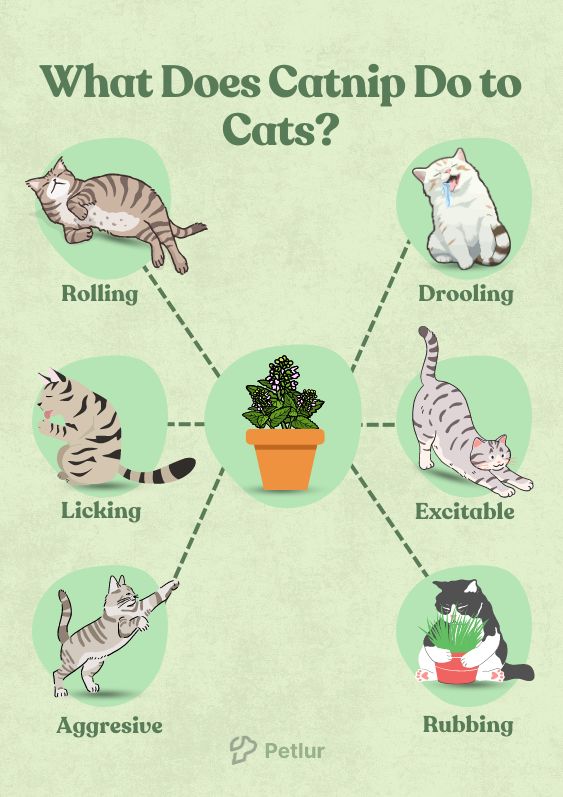
Duration of Catnip Effects
The effects of catnip typically last about 10 to 15 minutes. After this period, cats become temporarily immune to the effects for approximately 30 minutes before they can respond to it again.
Genetic Predisposition
This is a genetic predisposition to respond to nepetalactone, only those cats are affected by catnip with high sensitivity. About 70 to 80 percent of cats respond to catnip and others show no interest.
Catnip and Cat Health
Is Catnip Safe for Cats?
Yes, catnip is a safe plant for cats. It is important to give them in moderation because it encourages physical activity.
They can reduce stress and anxiety in cats and they are also good for the immune system and can be used as a training aid.
Possible Side Effects
While rare, some cats might experience mild digestive upset if they ingest large quantities of catnip. Overexposure can also lead to a decrease in sensitivity over time.
How to Use Catnip with Your Cat?
Different Forms of Catnip
There are different types of Catnip, including dried leaves, sprays, and toys infused with catnip. According to the cat's preferences Each form can be used differently.
Introducing Catnip to Your Cat
If you want to give catnip to your cat, start by offering a small amount of dried catnip or a catnip toy. Observe your cat's reaction and adjust the amount accordingly. Avoid overexposure to maintain their interest.
Creative Ways to Use Catnip
Use catnip to encourage your cat to use scratching posts or to explore new areas. You can also create DIY catnip toys or sprinkle catnip on their favourite play areas.
Conclusion
Catnip is a fascinating plant that offers a unique experience for many cats. Understanding how it works and how to use it effectively can enhance your cat's well-being and provide endless entertainment.
Always use catnip in moderation and observe your cat's reactions to ensure a positive experience.
FAQs
1. Why doesn’t my cat react to catnip?
Not all cats are genetically predisposed to respond to catnip. About 20-30% of cats lack the genes that make them sensitive to nepetalactone.
2. Can kittens have catnip?
Kittens usually do not respond to catnip until they are about six months old. Sensitivity to catnip develops as they mature.
3. How often can I give my cat catnip?
It's best to offer catnip no more than once every few weeks to maintain its effectiveness and prevent overexposure.
4. Are there any cats that shouldn’t have catnip?
Cats with certain health conditions, such as those prone to digestive issues, might react poorly to catnip. Always consult with a vet if unsure.
5. Can catnip be used in training?
Yes, catnip can be an effective training aid. It can encourage desired behaviors like using scratching posts or playing in designated areas.






